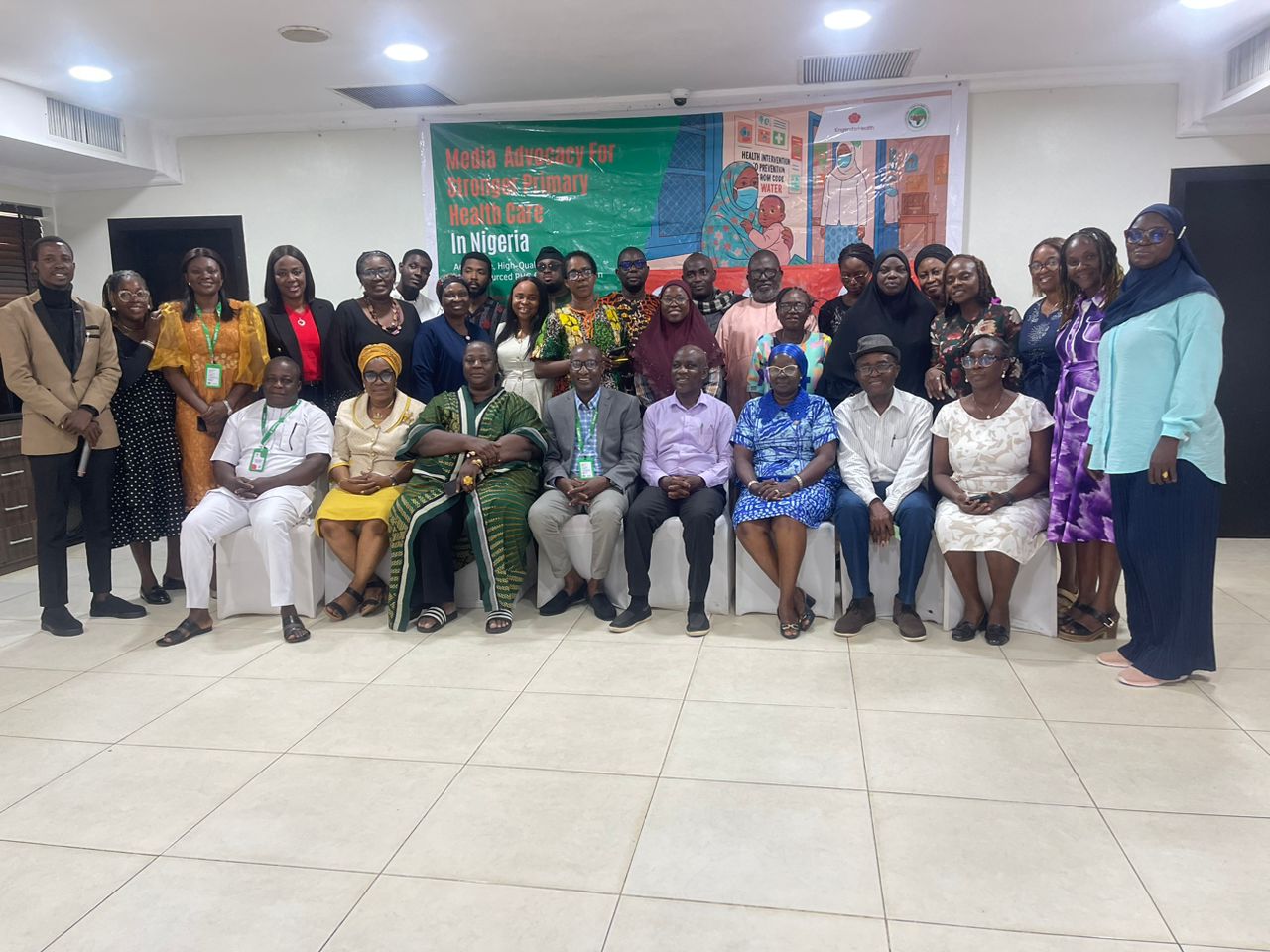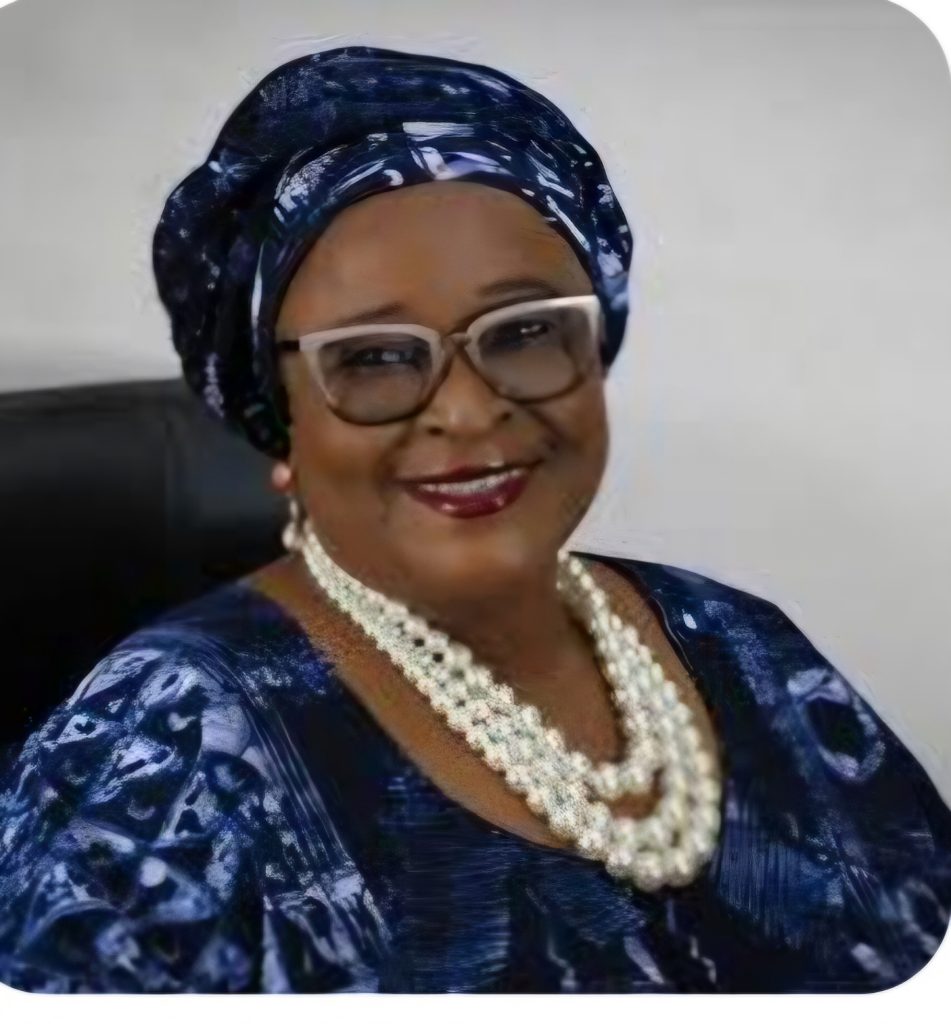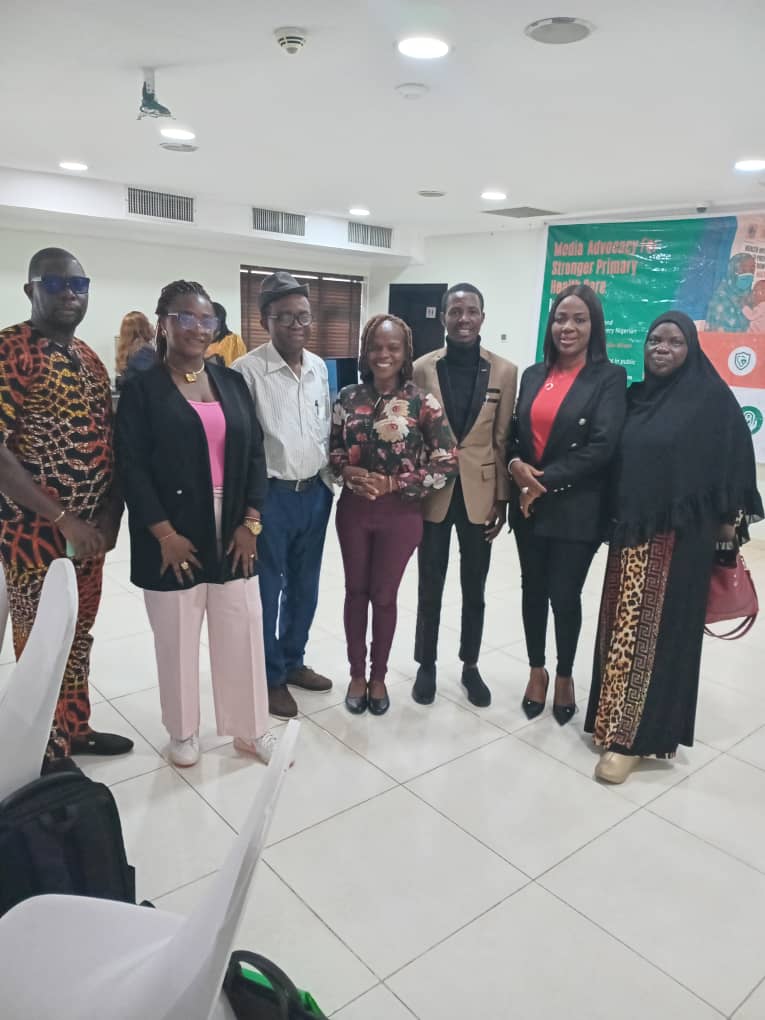… Media Serves As Powerful Tool for Promoting Positive Health Behaviors

Cross section of participants at the workshop.
Because media plays a pivotal role in shaping public perception, awareness, and engagement with health interventions on Reproductive, Maternal, Newborn, Child, Adolescent Health and Nutrition (RMNCAH+N) programs, the Lagos State Ministry of Health, in collaboration with the International Society of Media in Public Health, ISMPH, and the EngenderHealth Consortium Partnership organised a 3-day Media Training Workshop aimed at building the capacity of media professionals in reporting on RMNCAH+N programs.

Chief Mrs. Moji Makanjuola, MFR, ED/CEO, ISMPH.
Speaking on the need to disseminate accurate, timely, and age-appropriate health information to the populace, the Executive Director/CEO of ISMPH, Chief Mrs Moji Makanjuola, MFR, emphasised the fact that the media serves as a powerful tool for promoting positive health behaviors, increasing demand for quality healthcare services, and holding stakeholders accountable for effectiveness.

“In a state as dynamic and densely populated as Lagos, strategic media engagement has proven essential in handling misinformation, mobilizing community support, and influencing policy formulation and implementation, thereby contributing significantly to improved health outcomes for women, children, and families.”
“As media practitioners, we have the voice, we have the power, we have the pen and the cameras to energize and prompt our government to know where things are not working well.
“I want to request my colleagues please make sure that we see ourselves as partners because Lagos is the center of excellence, let us together collaborate to be the change agents to reduce or eliminate maternal and child mortality.”
According to her, anyone of us can be vulnerable because of the nature of our society. Primary health care has become the bedrock of delivering good health services to our people but we cannot get that done if we don’t have infrastructural facilities and human resources that will administer good health to our people at that level.
“Let’s make things work for our women, children and our men. We must know that if Lagos gets it right, Nigeria will get it right and if Nigeria gets it right, Africa will get it right.” She concluded.
Speaking to newsmen, the National Programs Director of ISMPH, Mr Solomon Dogo stated that most of the tertiary institutions are far from people who live in rural communities, so primary healthcare facilities are the nearest option. Pregnant women can attend antenatal care, and during delivery, it’s easier for them to access these facilities. The government has done a lot to improve primary healthcare facilities. Media plays a key role in disseminating information to the grassroots level. By doing so, we can reduce maternal and child mortality rates.
According to Mr Dogo, three states were selected for the pilot studies and the states, Lagos, Kano and Kaduna will benefit from the 3year project.
“In Lagos, we have challenges, but the government is working to address issues like personnel shortages. The purpose of this training is to build the capacity of the media, bringing in key stakeholders from the health sector to provide information on primary healthcare facilities.
By informing people about primary healthcare facilities and services, we can reduce mortality rates and improve healthcare outcomes.”
In her presentation, Mrs Nike Idris of Reproductive Health Unit Directorate of Family Health & Nutrition, pointed out salient issues and participants were made to be abreast of necessary statistics of having almost 88m Nigerians living in extreme poverty, insufficient healthcare funding worsened by lack of accountability, poor PHC system affecting coverage and quality, gaps in Family Planning procurements, commodity financing, issues With PHCCOUR implementation, poor access to data, limited conscientisation among others, thereby urging media practitioners to focus their searchlight in these areas in order to positive changes and impacts.
Dr. Latifatu Adeleye, Director in charge of Family Planning Services of Lagos State Ministry of Health, made it know that a lot is being done in area of Immunisation, Deworming, Health Education, Family planning among other services.
She urged media practitioners to help in disseminating information on the need for people to access available services at the 329 PHCs and 28 secondary health facilities scattered all over Lagos.
“Our Directorate of Family Health and Nutrition handles Child Health, Nutrition, Monitoring and Evaluation, Reproductive Health issues, Health Promotion, Adolescent Health, School Health, Safe Motherhood, Health Budget Tracking, Dental Screenings among others.” She explained.
Mrs Adesola Honfor of the State Primary Health Care Board talked about Integrated Health Services,
Preventive Care, Health Policies among others and urged residents to take charge of their health by accessing the available services rendered by the facilities.
The various challenges were discussed and the onus is on media practitioners to keep on focusing on these challenges in order to achieve the set goals and objectives.
Some of the challenges include; many PHCs are dilaplated, some PHCs have inadequate basic amenities like water & proper equipment, low patronage of PHCs, shortage of manpower and brain drain, insufficient budget allocation among others.
Mr Boniface Kassam dealt with the issue of Ethical Reporting On Health while urging journalists to always respect patients confidentiality, stop sensationalism and reporting that will bring negative influence among others.


